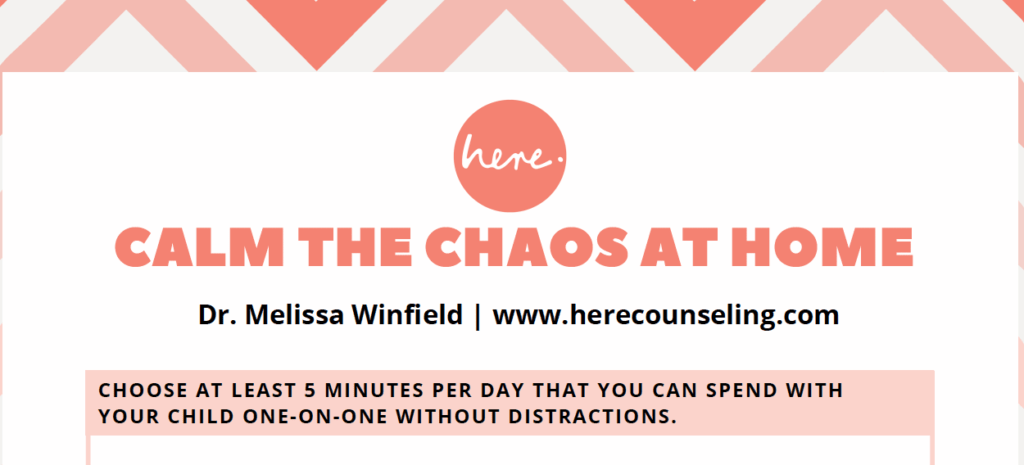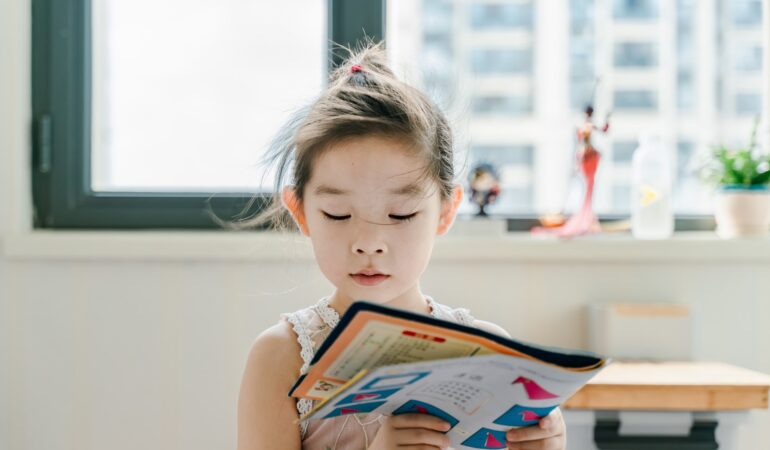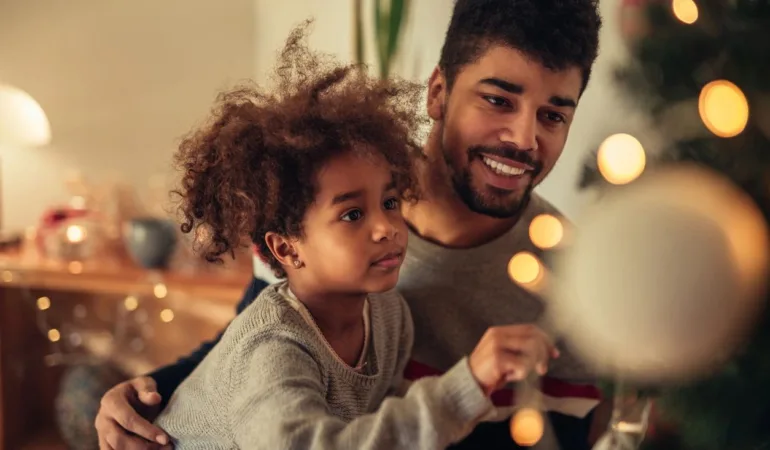Coping with Grief during the Holidays
You may be dreading the holidays this year, or just not as excited as usual. This is a normal response if you have lost a loved one or something important to you, whether it was this year or years ago. Anniversaries and holidays bring up memories and feelings that can be painful and hard to cope with.
What to Expect from Grief
Grief is a deeply individual experience based on your relationship with what or who you lost. Grief looks different for everyone and is never easy or predictable. There is no timeline for grief or a time when you are “supposed” to be done grieving. Though there is no right or wrong way to grieve, there are some things that you can do to help in the healing process.
5 Ways to Cope with Grief
1) Recognize How Grief Impacts Other Emotions
When we are grieving, our emotions may be unpredictable. We may feel more sad, angry, fearful, or numb than usual. Things that usually do not bother us may feel like a big deal or cause more pain than usual. Acknowledging that our emotions are being triggered by grief and accepting that we are hurting is the first step in more effectively coping with grief.
2) Get Support
Find support from people who care about you. It can be easy to isolate while you are grieving but is better to let others share the grief with you and be there for you. Talk about your loss if you need to or just enjoy spending time together. If you don’t have anyone who will be able to support you, consider joining a support group.
3) Take Care of Yourself
Grief can take an emotional and physical toll. You may feel more exhausted, get a cold more easily or have difficulty sleeping. Allow yourself the time to do what you need to do to be ok, whether that is resting, journaling, faith practices or being physically active. Keep up regular routines as much as possible while also recognizing that simple things may be harder for a while.
4) Honor their memory
An important part of healing from grief is being able to identify new ways to relate to and remember the person you have lost. Honoring their memory may help you feel connected with them and able to integrate who they were into your life now. There are a lot of creative things you can do to honor their memory.
Here are a few ideas:
- Create a journal or scrap book of memories
- Start a tradition that brings family members together
- Do an activity that they loved (cooking, listen to their favorite music, decorating etc.)
- Do an art project that reminds you of them
- Donate to a charity or cause that they cared about
5) Meet with a therapist
Though grief is an expected and natural experience, sometimes the additional support from a therapist is needed. If you are having a hard time functioning and completing daily tasks, are feeling hopeless and not sure if life is worth living, or feel like there is no one you can trust after your loss, you may want to consider meeting with a therapist.
Experience Joy Again
The pain of grief may feel overwhelming and endless. But getting the support you need and following these steps can help you find healing and hope. It is important to recognize the significance of the loss but also be able to live with joy and purpose again. Don’t suffer alone! Call us today if you need support from experienced therapists.






